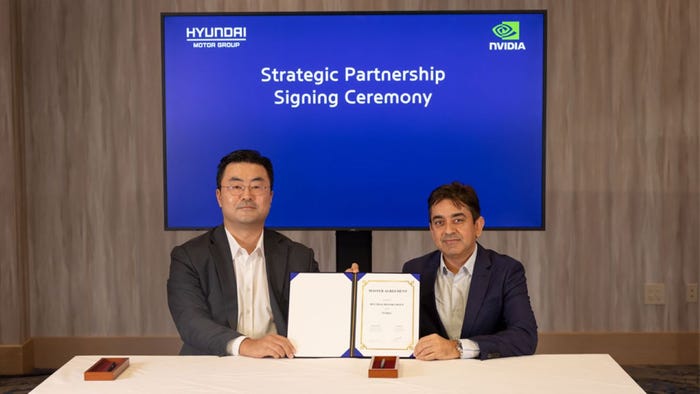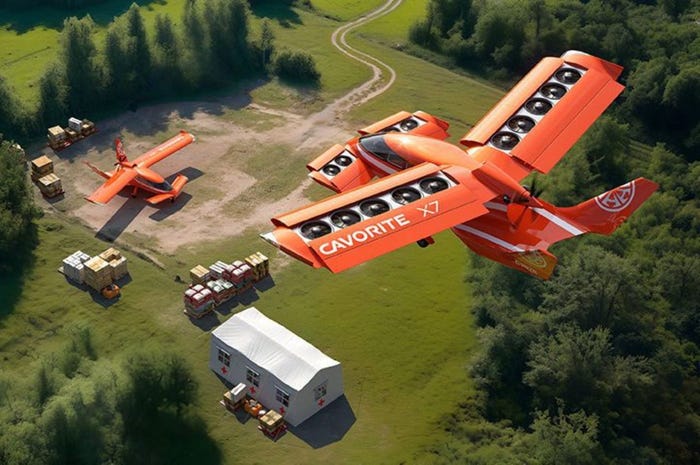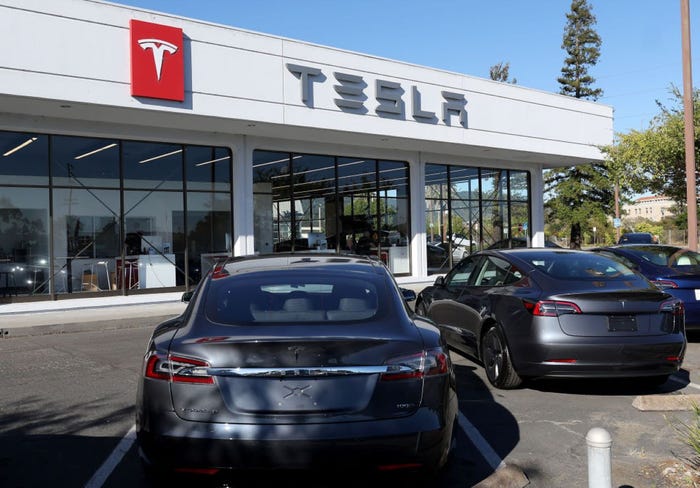Industrial AI Adoption Soars as Execs Eye New Use Cases, Report
Honeywell survey reveals growing enthusiasm for AI in industry but highlights implementation challenges, skills gap concerns
August 1, 2024

New research from Honeywell has found that decision-makers in the industrial AI space are increasingly enthusiastic about augmenting new use cases to improve workloads.
Honeywell surveyed 1,600 executives from 12 global markets, including the U.S., China and India working at firms with at least 1,000 employees. All respondents work for companies using AI to automate processes and tasks and have decision-making abilities in their departments or across their organizations.
The survey found that 94% of decision-makers have plans to expand their utilization of AI technologies, with more than nine in 10 uncovering use cases for AI that they had not initially planned.
Around one-quarter (26%) of respondents said decisions on future deployments have already been made following initial implementations of AI.
The top benefit of AI implementations identified by respondents was increased efficiency through automation, with 64% recognizing the technology’s ability to provide productivity gains.
Some 60% identified improved cybersecurity as another leading benefit of AI in industrial applications, followed by improved decision-making based on real-time data generation, chosen by 59%.

Credit: Honeywell
Other benefits of augmenting industrial applications with AI that were identified in the report include increased work flexibility (49%), greater job satisfaction (45%) and providing staff with more time for skills development and creative thinking (44%).
“There is no question that AI is currently at a pivotal moment,” said Kevin Dehoff, Honeywell’s chief strategy officer. “With the advent of generative AI and more sources of data from advanced analytics, industrial AI is poised to grow exponentially and the possibilities are endless for revenue growth and employee satisfaction.”
Despite the respondents expressing enthusiasm for AI, a pathway to implementation may be uncertain.
Honeywell’s report found that more than a third of respondents (37%) claimed their C-Suite executives do not fully understand AI. Nearly half (48%) said they were having to continuously justify or request sufficient resources to implement AI efforts.
Around two-thirds (63%) of survey respondents said that a quarter or more of their equipment isn’t properly enabled for AI compatibility and 33% said they’d wait out the lifespan of the legacy equipment before upgrading.
The most reported challenges Honeywell identified from respondent implementations include lacking verification of AI outputs (31%), attempting to do too much in-house (30%) and rushing development (30%).
“AI leaders also found obstacles such as budget overruns and lack of adequate training in executing AI implementations, which are not atypical from most project rollouts,” the report read.
One of the major factors Honeywell found to be impacting industrial AI implementations was skill issues, with companies struggling to find staff with the requisite tech skills.
“With a growing skills gap and the retirement wave of the baby boom generation, employers increasingly rely on AI to bridge the gap,” the report found.
According to Honeywell’s research, just 15% of respondents are currently looking to AI to cover existing labor shortages, while others are focusing on increasing worker flexibility (49%) and job satisfaction (45%).
However, 81% of survey respondents said they underestimated the training resources they needed to introduce AI to their workforce.
“With AI training and AI as a ‘copilot’ the skills of less experienced technicians can more quickly be upgraded, turning them into more elite experts that perform tasks based on enterprise knowledge and best practices,” said Lucian Boldea, Honeywell Industrial Automation’s president and CEO. “In turn, plants’ operations can run more safely and reliably by dramatically reducing human error.”
You May Also Like






